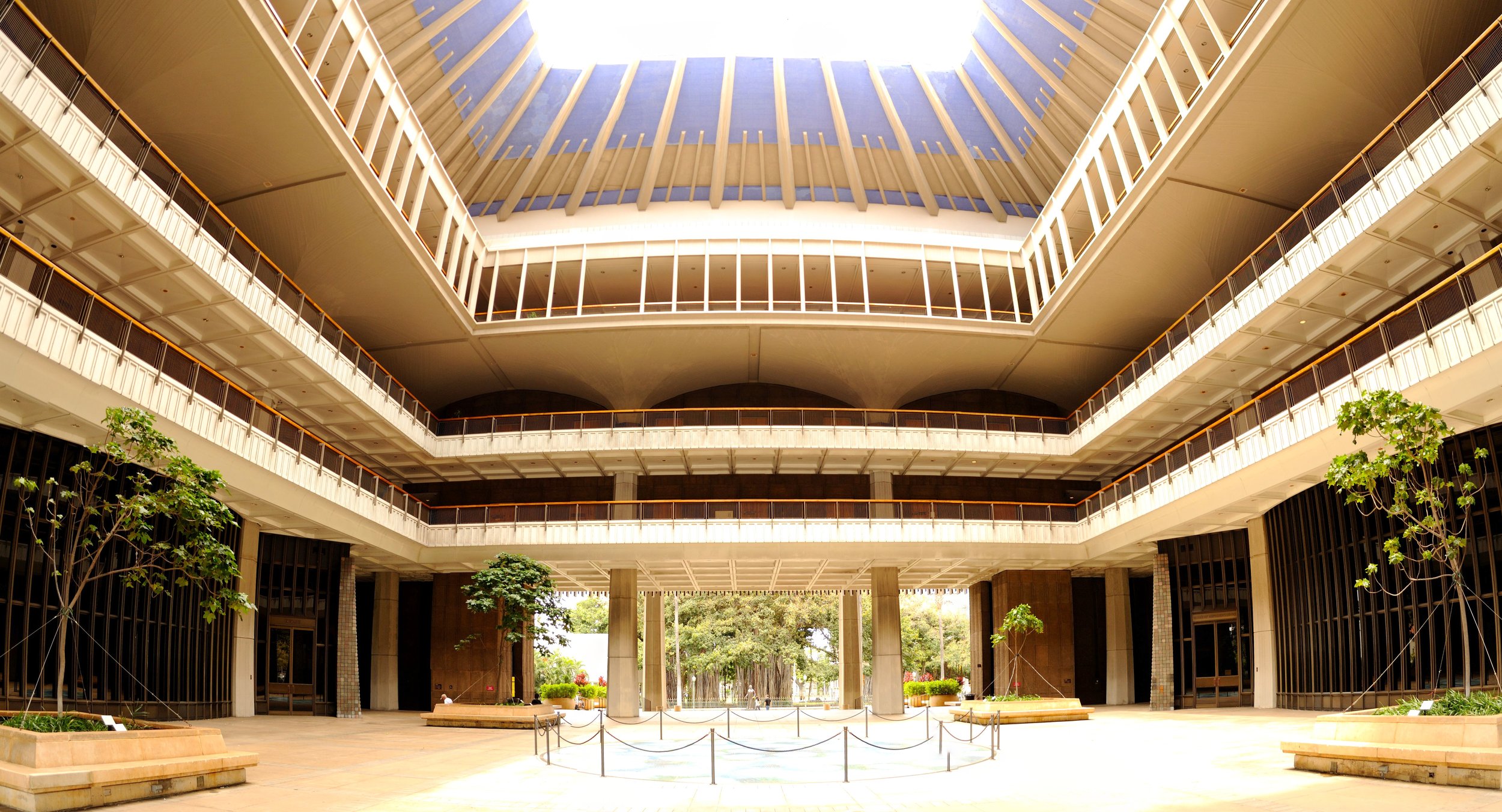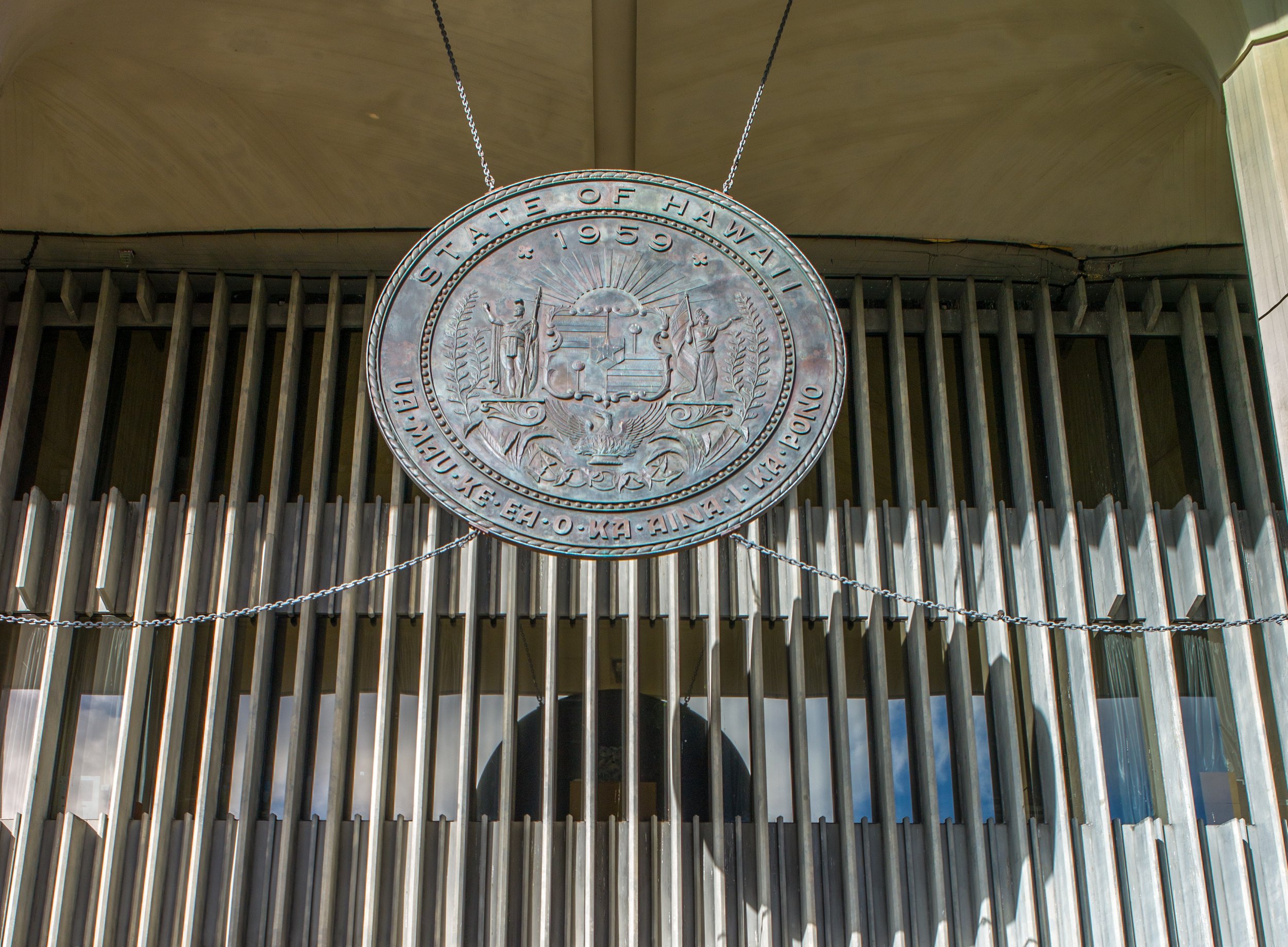
A turning point for SNAP: Strengthening local supports for Hawaiʻi households
Hawaiʻi has an opportunity to build a more resilient, community-driven food system—one that protects families regardless of federal uncertainty.

Hawaiʻi’s two-tier tax system: How the rich use a glaring loophole to pay less
While teachers, nurses and service workers pay income tax on every dollar they earn, the wealthy can shield a large portion of their profits thanks to a special tax break on capital gains.

Transformative change meets budget realities—a central lawmaking tension plays out in two new reports
Policy in Perspective 2025 and the Hawaiʻi Budget Primer FY2025–26 provide a compelling—and sometimes sobering—look at how Hawaiʻi invests, and often under-invests, in its communities.

Can Hawaiʻi afford to cut the grocery tax?
Any proposal to reduce or remove the GET on food must be paired with a credible plan for replacing the revenue. It’s a challenge, but also an opportunity to build a fairer and more sustainable system.

Proposal to raise transit fares will hurt Oʻahu riders
Increasing transit fares while household budgets are already stretched thin risks pushing out the very riders who rely on TheBus the most while decreasing ridership and revenue.

Building a better path to success for Hawaiʻiʻs Keiki
Hawaiʻi’s 2025 legislature boosts safe routes to school and student transportation.

Hawaiʻi should close tax loopholes for multinational corporations
Multinational corporations make huge profits from the business activity they conduct in Hawaiʻi, while dodging the taxes they should be paying to support our state.

Census poverty data for 2023 highlights the importance of government assistance
Promising trends for families across the nation, but many continue to feel the lasting effects of widespread unemployment during the pandemic, a rising cost of living, and inadequate government assistance.

How Hawaiʻi’s hardworking undocumented immigrants support our economy and communities
A new report from the Institute on Taxation and Economic Policy lifts up the significant tax contributions that undocumented immigrants make to our federal, state and local governments through the taxes they pay each year.

Hawaiʻi’s elected leaders buy-in to costly “trickle-down” myth
Passing an “historic” tax cut that mostly benefits the wealthiest Hawaiʻi residents is not the path to a healthy economy that works for working people.

Focusing in on people-first policy for the 2024 legislative session
Hawaiʻi Appleseed announces its legislative priorities for the 2024 session.

Tax reform that addresses racial injustice also boosts the economy
When it comes to increasing both racial equity and economic prosperity, smart tax system reforms can be an effective policy tool to achieve both.

Fix the conveyance tax reform bill; don’t veto it
Increased economic activity and federal relief funds will only go so far; policymakers need to think about longterm needs for our communities and how we’ll get the resources to pay for them.

Trump’s tax cuts gave Hawaiʻi’s rich a windfall; recapturing it would help our economy
The Tax Cuts and Jobs Act worsened economic inequality. It’s time to ask the households that benefitted the most from that windfall to contribute more to the common good.

Hawaiʻi budget challenges: tax revenues, fixed costs, state salaries
The pandemic’s effects on the economy will make passing a balanced budget more challenging than ever.

How to plug Hawaiʻi’s budget gap while preserving critical services like education
There’s no doubt that the recession has punched a hole in Hawaiʻi’s state budget, but there are ways to plug the gap without cutting critical services.

Cutting state contracts would hurt the private sector economy
Cutting contracts with nonprofit organizations that provide essential services would be as devastating to the economy as cutting state worker hours.

We need a visitor recreation fee to benefit Hawaiʻi
The COVID-19 pandemic has highlighted our dependency on tourism, and the need to create a more sustainable and less exploitative version of the industry.

Setting the stage for a crucial June special session
CARES Act funds must be spent by the end of December, and careful decisions need to be made to address critical needs in our community.

Trump’s Public Charge rule could cost Hawaiʻi tens of millions in revenue
The financial cost of the rule change is in addition to the harm done to the health and resilience of immigrant families through the “chilling” effect on benefits-use that has already been documented in Hawaiʻi.
